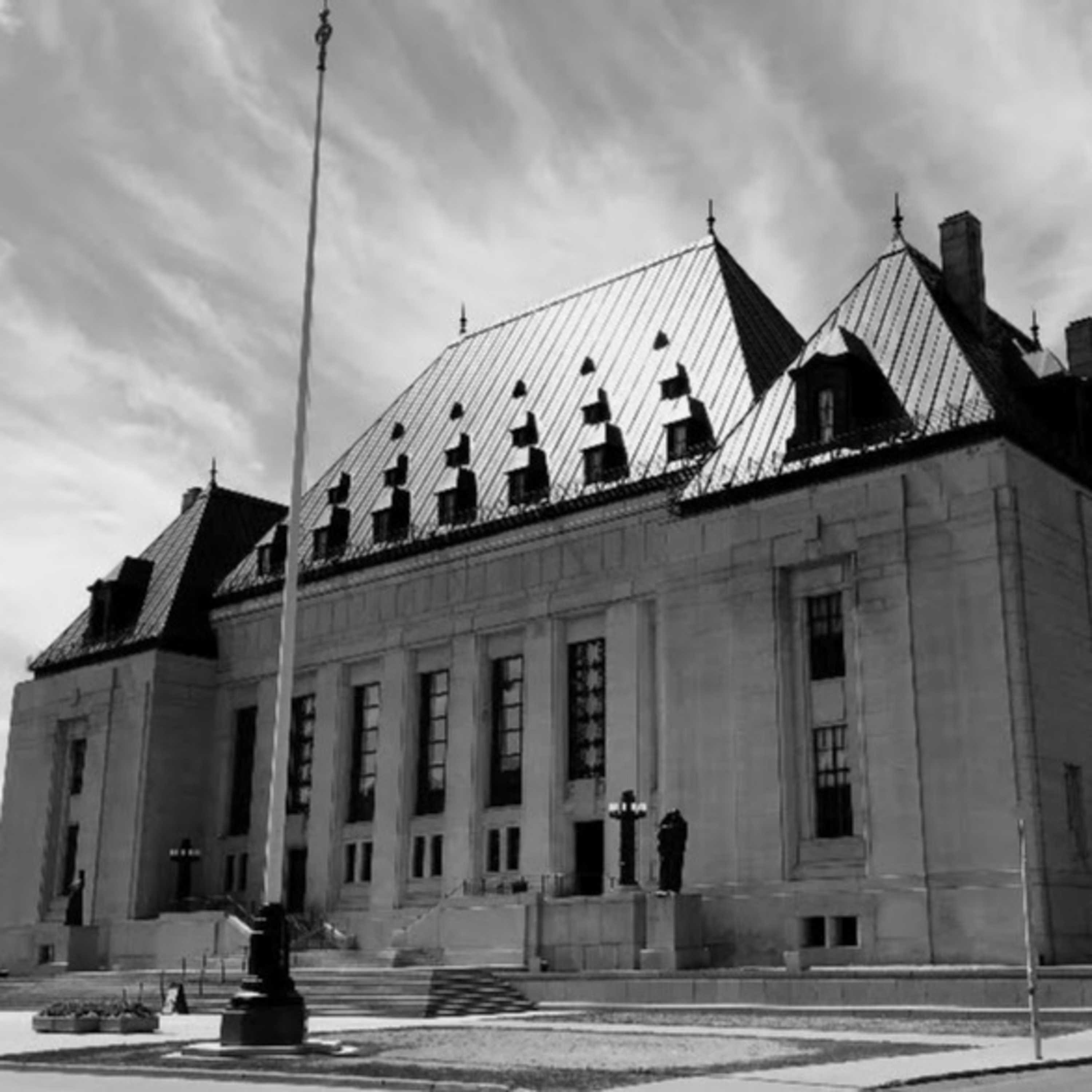The respondent, Liam Reilly, was charged with robbery and firearms-related offences. Police attended at Mr. Reilly’s residence after he was identified as one of four perpetrators involved in two armed robberies. Mr. Reilly was on probation at the time and when he did not present himself at the door of his residence for his curfew check, one of the officers entered through an unlocked rear sliding door, knocked on Mr. Reilly’s bedroom door and arrested him. The officers then performed a clearing search of the residence and observed evidence related to the robberies. An information to obtain (“ITO”) was subsequently drafted by the police and a search warrant was obtained based in part on observations from the clearing search.
Before trial, a voir dire was held. Mr. Reilly was unsuccessful in seeking an order, pursuant to ss. 8 and 24(2) of the Canadian Charter of Rights and Freedoms, to exclude the evidence seized in his residence on the basis that the ITO was facially invalid and the search warrant should not have been issued. Following the voir dire ruling, Mr. Reilly invited the judge to convict him of six counts of robbery and firearms-related offences.
Mr. Reilly appealed his convictions on the basis that the trial judge erred in finding that reasonable grounds existed for the issuance of the search warrant, and in not excluding the evidence seized pursuant to s. 24(2) of the Charter. A majority of the Court of Appeal allowed the appeal, excluded the evidence, quashed the convictions and ordered a new trial. The majority held that the trial judge did not err in law or in principle in upholding the search warrant, but did err by considering the Charter-compliant conduct of the police as mitigating the seriousness one of the officer’s Charter breaches and by improperly weighing the factors in R. v. Grant, 2009 SCC 32, [2009] 2 S.C.R. 353. The majority conducted a fresh s. 24(2) analysis and held that despite a compelling interest in the adjudication of the case on its merits, the evidence would bring the administration of justice into disrepute. In dissent, Willcock J.A. would have dismissed the appeal. In his view, the majority should have deferred to the trial judge’s s. 24(2) analysis instead of engaging in a fresh and independent analysis. Willcock J.A. disagreed that the trial judge erred in law in his s. 24(2) assessment of whether the admission of the evidence thus obtained would bring the administration of justice into disrepute.
Keywords
Constitutional law - Canadian charter (Criminal), Search and seizure (s. 8), Remedy - Constitutional law - Charter of Rights - Search and seizure - Remedy - Exclusion of evidence - Whether the majority of the Court of Appeal erred in concluding that the trial judge erred in law by considering some Charter-compliant police conduct to be mitigating - Whether the majority erred in concluding that the trial judge erred in law in his s. 24(2) assessment by improperly weighing the factors considered in that assessment - Whether the majority erred by conducting a fresh s. 24(2) analysis, as they ought to have deferred to the trial judge’s assessment under s. 24(2) - Whether the majority erred in their fresh s. 24(2) analysis by attributing no weight to the fact that the evidence linking the accused to the robberies was obtained by a lawfully issued search warrant, and there was no causal connection between the Charter breaches and the issuance of the search warrant. .
Notes
(British Columbia) (Criminal) (As of Right)
Disclaimers
This podcast is created as a public service to promote public access and awareness of the workings of Canada's highest court. It is not affiliated with or endorsed by the Court. The original v
